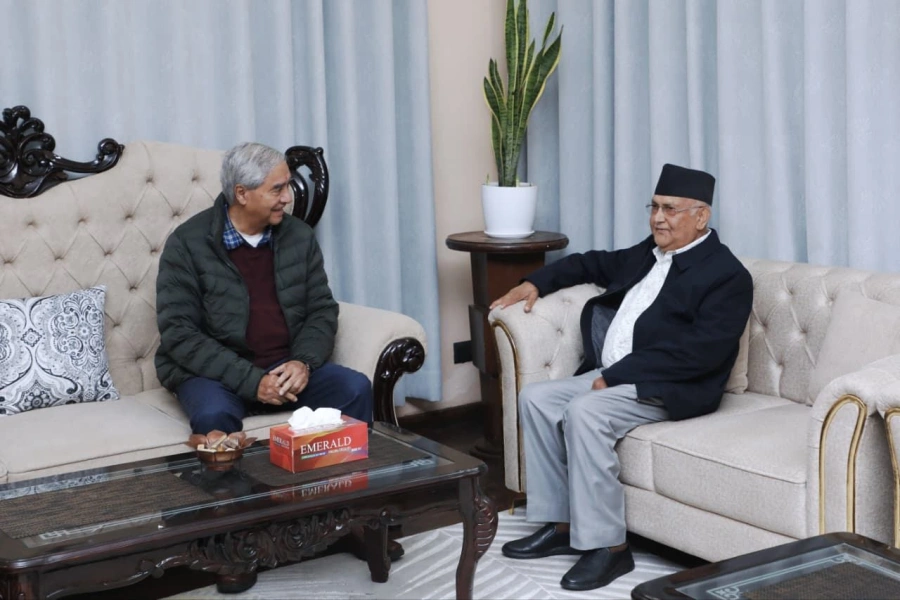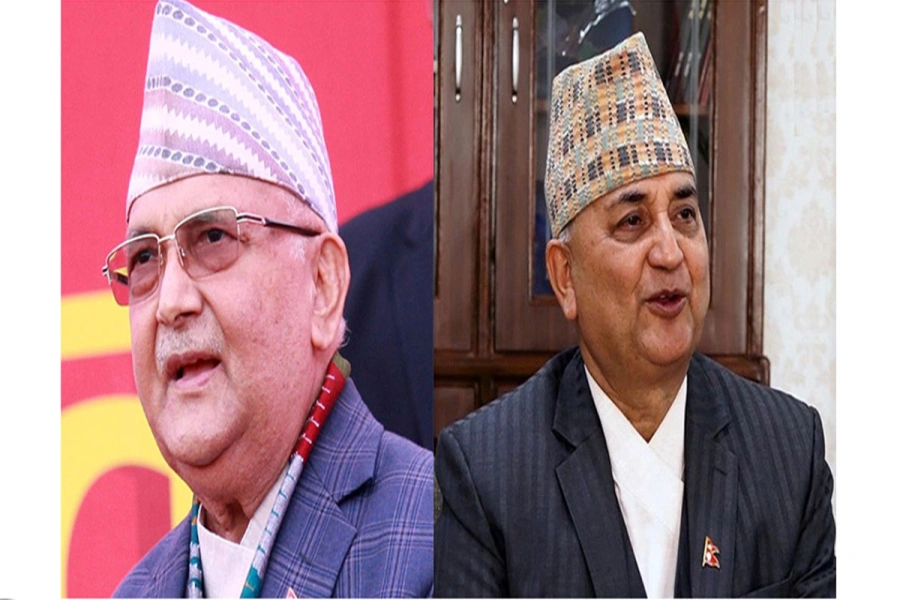KATHMANDU, Oct 11: US Ambassador to Nepal, Aliana B Teplitz, has said that the clock is ticking for Nepali exporters and businesses to take advantage of the trade preference program offered by the US. Speaking at a workshop on ‘Enhancing Nepal-US Trade by Utilizing Trade Preference Program’ jointly organized by Pavilion Group and the US Embassy in Nepal, she said that the program enacted through Nepal Trade Preferences Act allowing preferential treatment for certain imports from Nepal to the US was ‘a good deal’ for the two countries toward further strengthening the economic ties.
The trade preference program under the US Generalized System of Preferences (GSP) grants new duty-free tariff benefits for certain Nepali exports to the United States, including certain types of carpets, bags, headgear, shawls, scarves, leather and travel goods.
The Nepal-specific trade preference program, a gesture from the US government intended to help Nepal’s economic recovery after the 2015 earthquakes, came into effect on December 30, 2016. The program is authorized until 2025.
“This trade preference program creates an opportunity to expand the trade between the two countries. Nepali exporters and businesses have duty-free access only until 2025 to the US market for certain kinds of Nepali exports,” said ambassador Teplitz, urging the private sector and businesses to take advantage of ‘this unique program’.
Nepal’s LDC Graduation – The Clock Is Ticking

According to data of the Office of the US Trade Representative, Nepal exported a total of $89 million of goods to the US in 2016 while the total import stood at $41 million, running a trade surplus of $48 million. Out of the total export, Nepal exported $6.75 million of goods under the duty-free tariff benefits as part of the trade preference program. The US ambassador was optimistic that the volume of export under the trade preference program could be significantly increased in the near future.
“The market potential for these products is obviously much greater. And, we hope that the 6.75 million can be doubled, if not tripled or quadrupled in the near future,” said ambassador Teplitz.
“Much hard work remains to be done to take maximum benefits from the program. Much of that work is going to fall to the Nepal’s private sector and entrepreneurs to find the opportunities, create the product and reach out to interested buyers in the US to ensure that more Nepali exports reach the US and ensure that jobs are created here in Nepal,” she added. She also said that it was also the responsibility of the government to create an environment that supported economic growth.
“If more Nepali products are exported to the US, there would be high demand for these products,” she said: “‘Made in Nepal’ could be very powerful branding tool that you should take advantage of.”
Also speaking at the event, Minister for Industry, Sunil Bahadur Thapa, said that there was nothing in the list of 77 products enjoying the duty-free access that could not be possibly produced and exported to the US.
“All these products can be manufactured and exported to the US and we can fully utilize the facility provided to us by the US if we come out of the comfort zone,” said Minister Thapa.
Similarly, Arjun Kumar Karki, Nepal’s Ambassador to the US, said that Nepal needed to enhance the supply-side capacity to tap the benefit that Nepal has been provided under this program.
“The US is a huge market, people there love Nepal and we have been provided the duty-free access to 77 categories. This facility is for a longer period. The private sector should make investment in the production of these items so that they can be exported to the US,” said Karki: “If we would be able to do better, we can request the US government for additional privilege.”
Chandra Kumar Ghimire, Secretary of Ministry of Commerce, said that enhancing the capacity of the small and micro enterprises to produce quality goods was a must to optimize the privilege provided by the US government in accessing the duty-free market.








































